£5bn Premier League deal: bad news for fans and TV viewers?
The massive cash injection into the top flight is likely to go on players and their agents
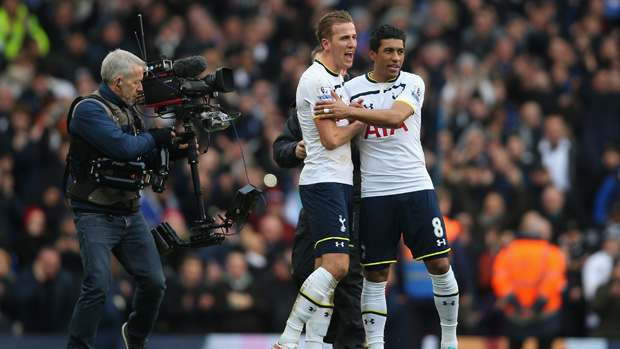
A free daily email with the biggest news stories of the day – and the best features from TheWeek.com
You are now subscribed
Your newsletter sign-up was successful
As predicted the new deal for live Premier League TV rights has shattered the £5bn mark, with Sky and BT Sport breaking the bank to retain their share of the games.
The new deal is actually worth £5.136bn, an increase of 70 per cent on the previous agreement, and although a few more games will be televised, it means that each match will cost the TV companies, on average, £10.2m to show.
Sky has had to fork out the most to retain control of its five 'packages' of games, the most that one broadcaster can hold. In 2012 it paid £2.28bn for the right to show 126 games a season, including the Sunday afternoon and Monday night matches. This time round it had to write a cheque for £4.18bn.
The Week
Escape your echo chamber. Get the facts behind the news, plus analysis from multiple perspectives.

Sign up for The Week's Free Newsletters
From our morning news briefing to a weekly Good News Newsletter, get the best of The Week delivered directly to your inbox.
From our morning news briefing to a weekly Good News Newsletter, get the best of The Week delivered directly to your inbox.
BT Sport also held on to the two other packages of matches. It will screen 42 games a season – four more than under the current deal. It paid £980m for the rights, up from £738m last time.
But what impact will the new deal have on football?
The Premier League
Premier League clubs will be the big winners. "The total raised from the deal once international rights are taken into account is likely to top £8.5bn over three years from 2016-17," reports The Guardian, "meaning even the bottom club would receive around £99m, while the champions would get £156m."
A free daily email with the biggest news stories of the day – and the best features from TheWeek.com
In other words the side coming bottom of the table under the new deal will earn more than current champions Man City did last season, and all 20 of the teams in the top flight will automatically be among the top 30 richest football clubs in the world.
Players and agents
In 2012, after a then unprecedented £3bn TV deal, Premier League chief executive Richard Scudamore urged clubs not to spend all their extra cash on players and wages. "They proceeded to largely ignore him and, without intervention, there is nothing to suggest they won't do the same again," writes Owen Gibson of the Guardian. "The first £500,000-a-week Premier League footballer cannot be far away."
And it seems Scudamore has accepted that the money will go on a handful of superstars. "The reality is, just like in the film industry, in the pop industry, the talent, the absolute talent, gets paid a disproportionately high amount," he said after the latest deal. "That is the reality in any talent industry. The stars that grace the field in the Premier League are world stars, it's a world market. I don't set the market rate, it's set by the world market."
Fans
Surprisingly, they could also benefit through reduced ticket prices. The staggering amount of TV money means that match-day revenue through ticket sales is no longer so important to top-flight clubs, and there are hopes that clubs "will respond with a definitive gesture" such as cutting the price of away tickets, says Gibson.
"As matchday income becomes comparatively less important – a club such as Chelsea now only make just over a fifth of their overall revenue from ticket sales – there is a creeping realisation that action is required to maintain the vibrant atmosphere that helps power TV income at home and abroad.
"Growing commercial revenues abroad is all very well but strengthening bonds at home is important too."
TV viewers
The news might not be so good for supporters who prefer to watch football on TV, or indeed watch anything on TV, reports The Times. "The huge rise in costs per game – 18 per cent per game for BT and 83 per cent for Sky – shows how important the sport is in locking down high-spending users, but the spend could affect investment in other content."
The paper says that 27 per cent of the UK's TV budget is now spent on football, but football accounts for less than one per cent of total viewing. Not only could the quality of non-footballing programmes fall, but the cost of subscribing could increase.
Teams outside the top flight
The widening gap between teams in the Premier League and those in lower divisions is a real concern. Relegated teams benefit from 'parachute' payments but that has helped create a group of 'yo-yo clubs' who are unable to survive for long in the top flight but have a significant financial advantage over their rivals in the Championship.
Could fans of clubs like Nottingham Forest or Brighton, well supported but without the financial clout needed for promotion, end up paying even more for tickets and merchandise as their clubs try to keep up with the yo-yo teams?
Grassroots football
The situation is even worse further down the football pyramid. All teams in the football league received a share of the TV money, but the BBC reports that only five per cent of the Premier League's income filters down to the grassroots.
"This issue is one of the most emotive," it says. "The Premier League was very quick out of the blocks to say it will invest £168m in 'facilities and good causes' and build 152 3G pitches," writes Ben Smith. But he adds that the figure "should also be seen against the backdrop of Premier League clubs paying agents £115m between October 2013 and September 2014".
He offers an example of how skewed things have become. "FC United of Manchester, for instance, are attempting to raise money to fund their new stadium, which would be used as a community hub, centre for kids and youth club. That could be paid for with the amount of money Sky or BT is paying to broadcast one live match."
However, the clubs now surely have enough money to put some aside and deflect accusations of a "culture of greed", says Owen Gibson of the Guardian. "It is one of the enduring shames of the Premier League age that the same endless debate about facilities and coaching is still taking place 23 years after the top clubs broke away to create what has become an incredibly popular consumer entertainment product."
England
But what of the national side? If the clubs spend their money the way everyone expects it could undermine the England team still further. Alan Sugar, talking to the BBC, called it the "prune juice effect" - the money goes in one end and comes out of the other.
"We don't have a chance of winning World Cup or European Championships again, it's because of money thrown into the league in order for Premier League clubs to survive by hiring in players from abroad and not allowing young players to come and learn their trade," he said.
-
 Why is the Trump administration talking about ‘Western civilization’?
Why is the Trump administration talking about ‘Western civilization’?Talking Points Rubio says Europe, US bonded by religion and ancestry
-
 Quentin Deranque: a student’s death energizes the French far right
Quentin Deranque: a student’s death energizes the French far rightIN THE SPOTLIGHT Reactions to the violent killing of an ultraconservative activist offer a glimpse at the culture wars roiling France ahead of next year’s elections
-
 Secured vs. unsecured loans: how do they differ and which is better?
Secured vs. unsecured loans: how do they differ and which is better?the explainer They are distinguished by the level of risk and the inclusion of collateral
-
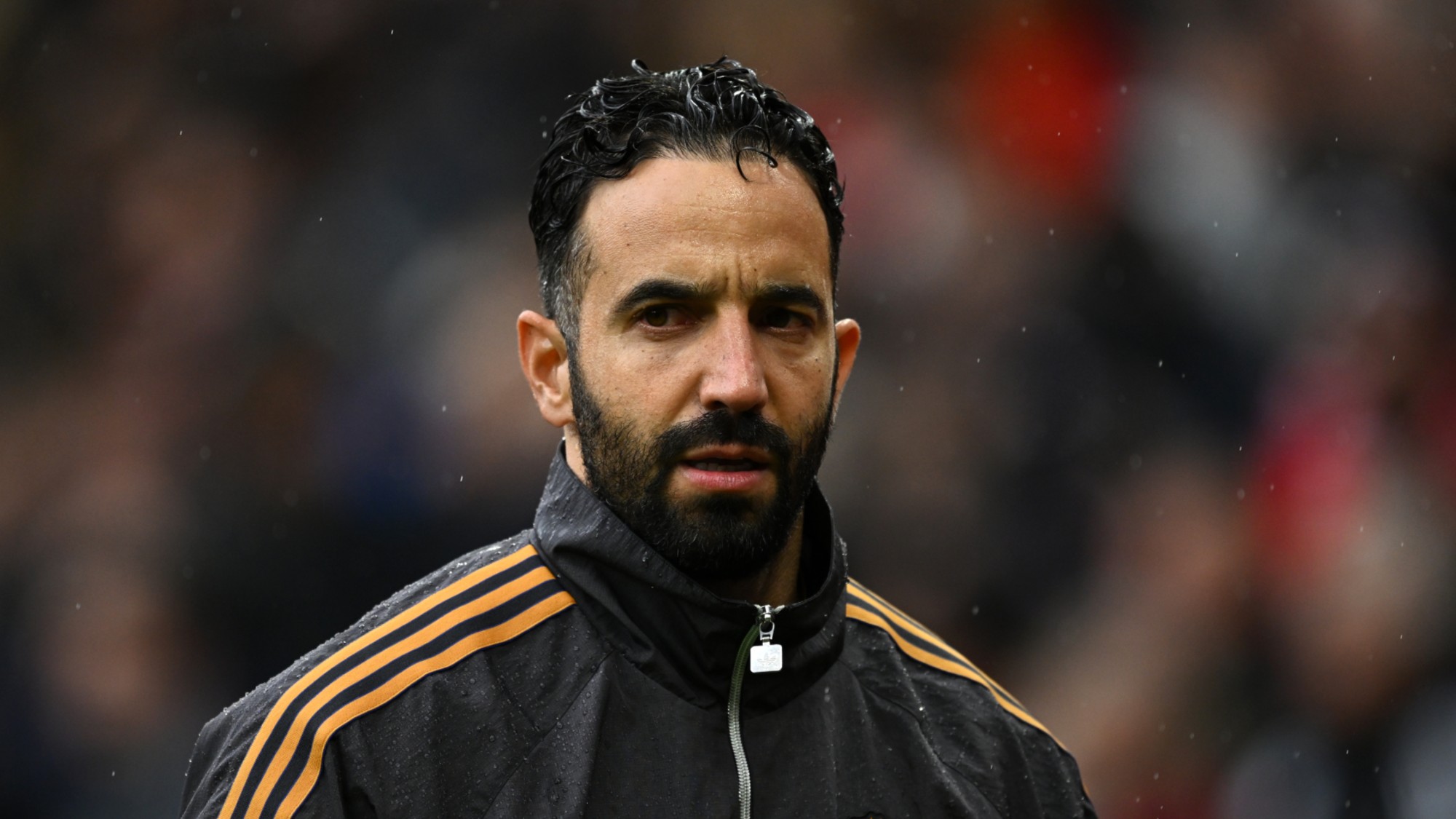 Amorim follows Maresca out of Premier League after ‘awful’ season
Amorim follows Maresca out of Premier League after ‘awful’ seasonIn the Spotlight Manchester United head coach sacked after dismal results and outburst against leadership, echoing comments by Chelsea boss when he quit last week
-
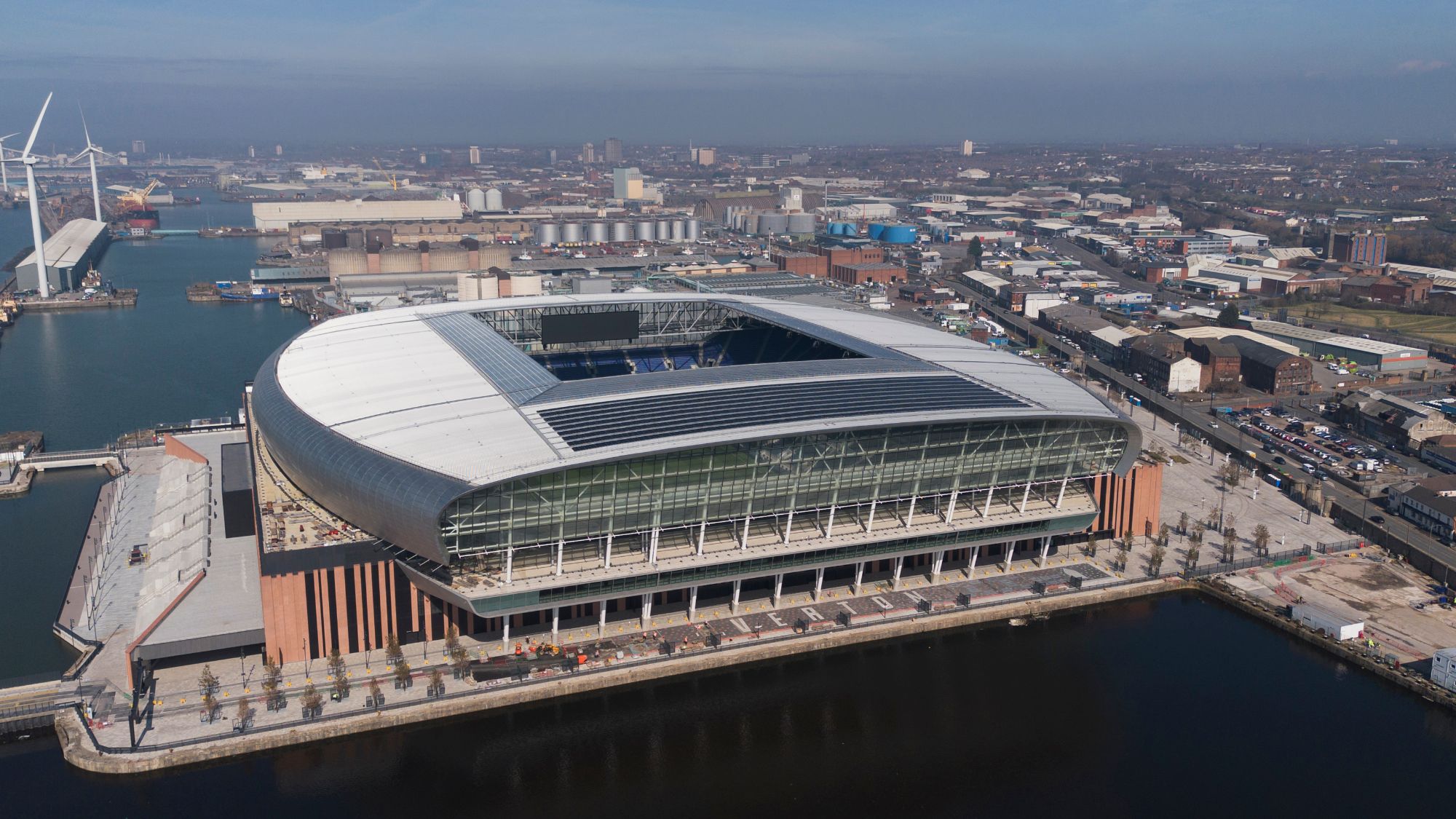 How do new stadiums affect football clubs?
How do new stadiums affect football clubs?In the Spotlight Everton's decision to move its men's team out of Goodison Park could be a catalyst for vital change, but there are cautionary tales too
-
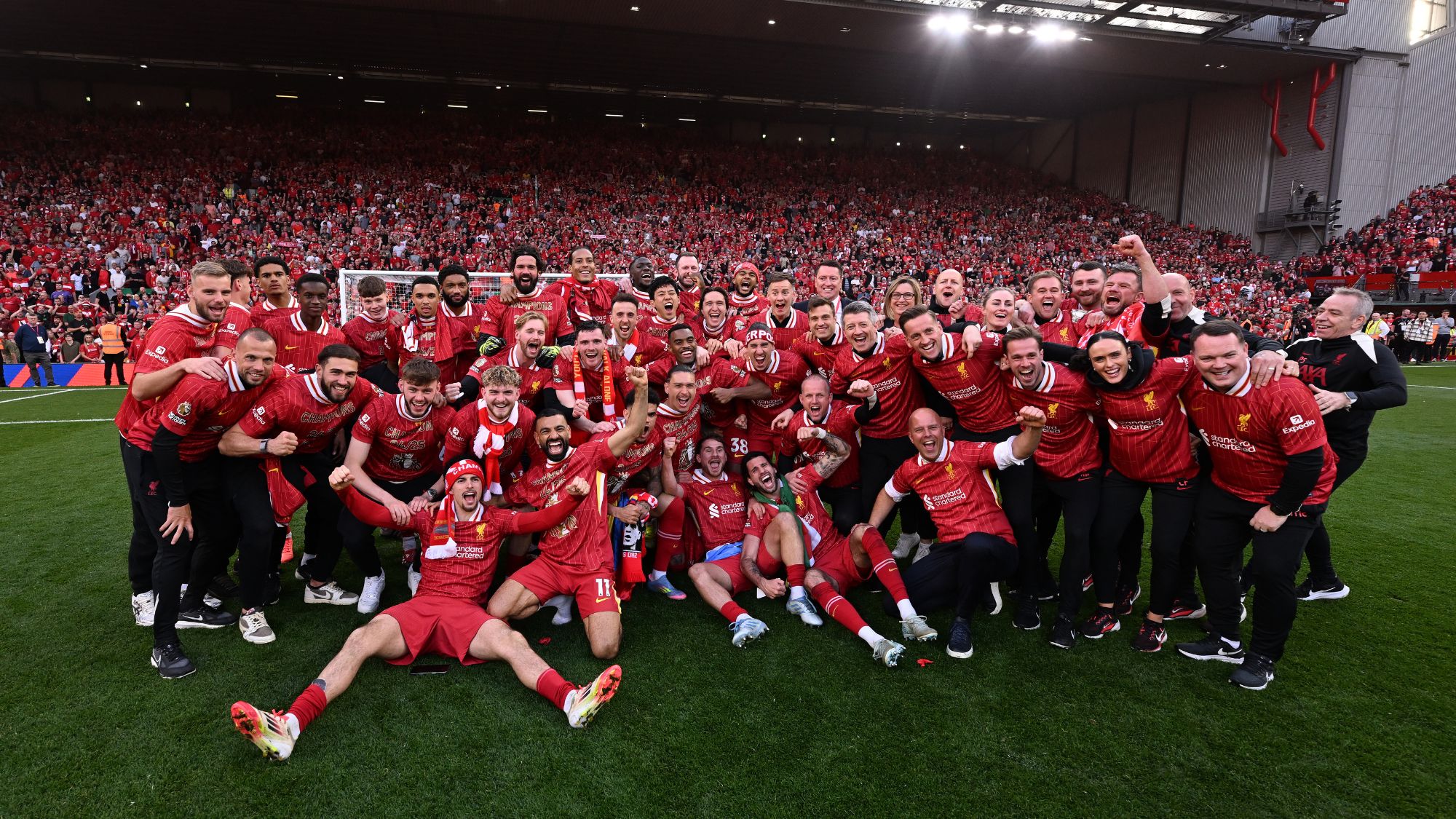 Liverpool's Anfield redemption: how did they do it?
Liverpool's Anfield redemption: how did they do it?Talking Point Arne Slot's blueprint and standout player performances guide the Reds to record 20th league title
-
 Where are all the English football managers?
Where are all the English football managers?Talking Point Eddie Howe's Carabao Cup success underlines absence of homegrown coaching talent in the Premier League
-
 New Trafford: can it fix Manchester United's footballing problems?
New Trafford: can it fix Manchester United's footballing problems?Talking Point Plan for £2 billion stadium despite staff job losses and lack of success on the pitch
-
 Kelly Cates to present Match of the Day
Kelly Cates to present Match of the DaySpeed Read Sky Sports presenter to take over from Gary Lineker at start of next season
-
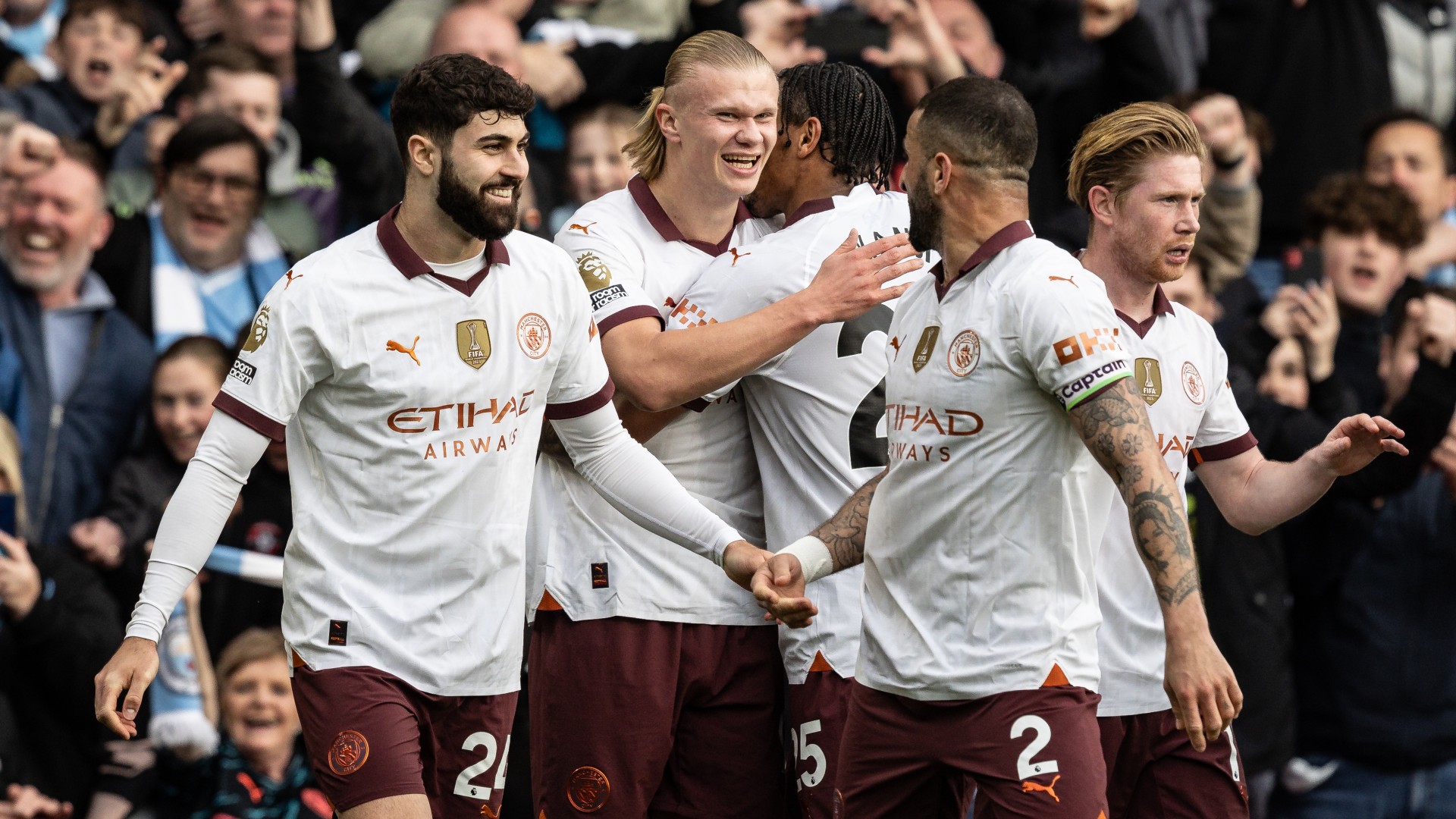 The Premier League's spending cap: levelling the playing field?
The Premier League's spending cap: levelling the playing field?Talking Point Top clubs oppose plans to link spending to income of lowest-earning club, but rule could prevent success gap from widening
-
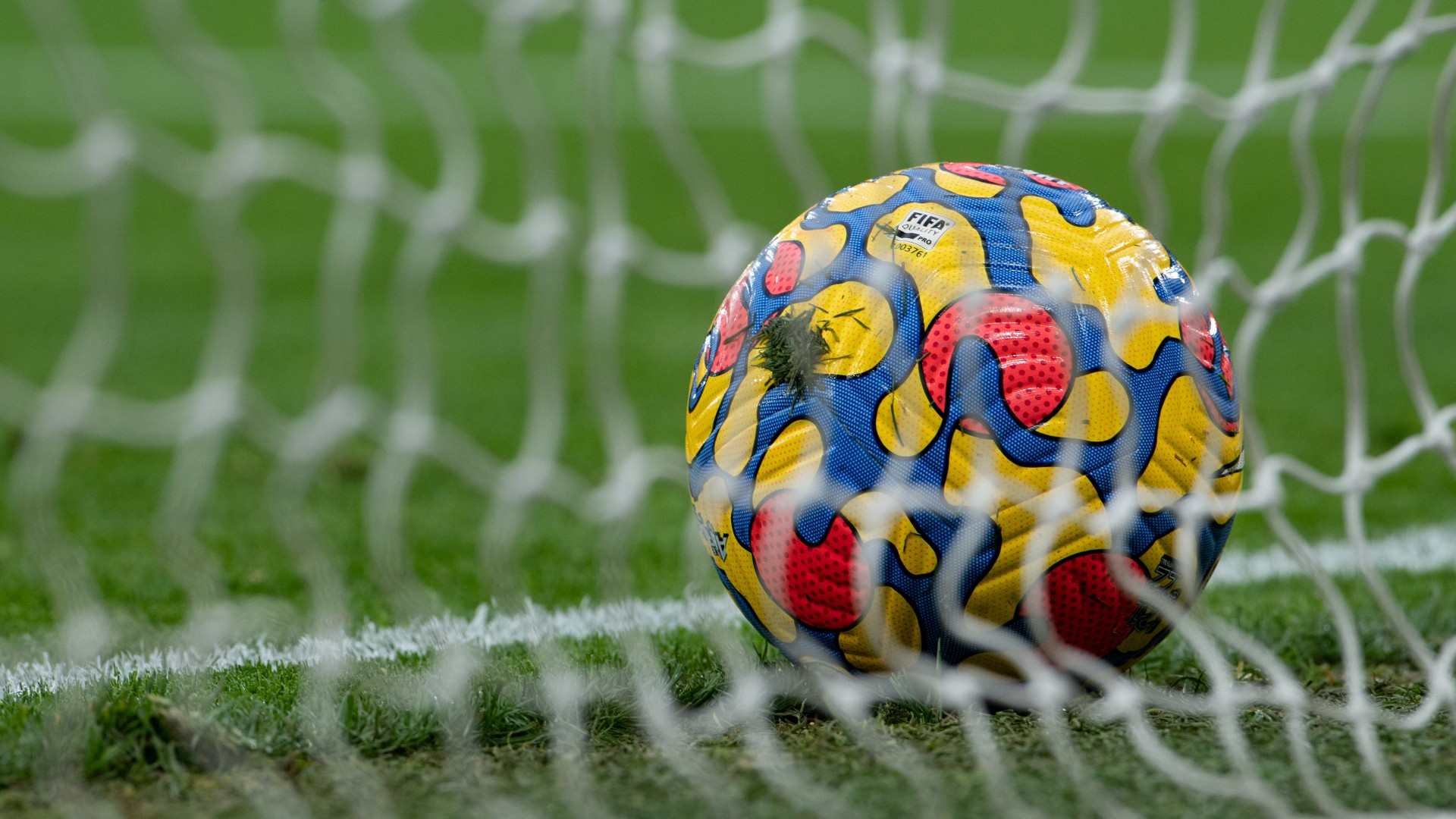 Is a new English football regulator an own goal for the game?
Is a new English football regulator an own goal for the game?Talking Point PM hails 'historic moment for football fans' but West Ham owner warns it could 'ruin' Premier League